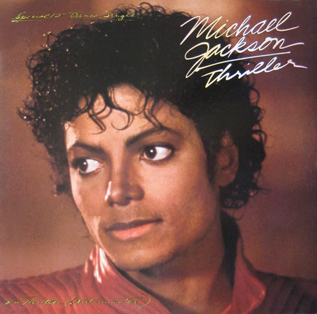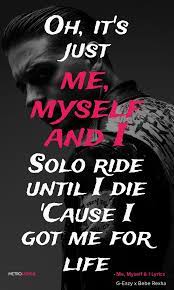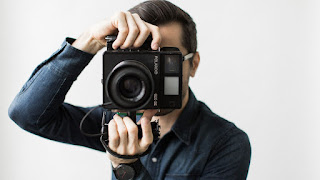Research: How to Make a Short Film
There are lots of different aspects of filmmaking, so here are some tips we found in order to have the best film possible.
When it comes to writing, it's important to understand our limitations. We have some actors who can play certain roles, but they are teenagers so we can’t be expecting them to be phenomenal actors, and we’re not going to write them as such. We also don’t have access to any extreme special effects, like bombs or characters getting seriously injured. While our plot may not require that, it’s important that we don’t write a script with anything like that happening.
Another important writing tip we found was the aspect of set-ups and payoffs. These are important when writing horror. They’re seen through the setting up of tension by putting a character in a bad situation (usually by themselves), and then a jumpscare happening as the tension created pays off in that moment. However, when it comes to writing these set-ups and payoffs, we should be sure to not fall to into the conventions of horror that we disliked, such as cheesy jumpscares and illogical characters. It needs to be genuinely scary and it needs to be written in a hopefully exciting way.
The last writing tip was to focus on the themes of our story. While we are unsure of what this theme will be, friendship (as stereotypical as it sounds) seems like a good place to start. While it’s not wise to try and develop relationships as a plot point, teenage friendship and the many aspects of it can still be shown throughout this film.
Regarding production, preparation is a key aspect of all filmmaking. Preparing our storyboards, scripts, and schedules is always going to be helpful, especially when it comes to getting actors together so we can film. Even if we don’t stick to our exact script or storyboard, as least we will have something to go off. Working blind is the last thing any filmmaker would want to do.
Tone was also found and it is actually quite important to our film. Each film has a tone and creating tone can be done in a lot of different ways. That’s why researching within our genres was so important, so that way we could analyze how to create the tone we want in our film. For example, soundtracks and sound effects are important for both comedy and horror films, so analyzing how those are used would give us guidance as to how we should implement sound design into our film.
Going deeper into sound design, we need to find ways to record sound and dialogue well, or write a story with little to no dialogue. Sound (diegetic and non-diegetic) is a really important aspect of films and while you hardly notice it when it’s in films, it’s definitely noticeable when it’s not. Sound software is a new aspect that has just been discovered, which will be explored throughout our production process.
The last aspect to address is about viewing the film itself. When working on something for a very long time, it’s easy to get too wrapped up into it. It’s important to take a step back and come back with fresh eyes so that you can see the film for what it truly is and not what you’re projecting onto it. Getting a friend or family member is also important and it is weaved into our curriculum and we completely understand why. Getting a 2nd opinion on things that are meant to be viewed by others (such as paintings and films) will always provide new insights on how to improve your project.




Comments
Post a Comment